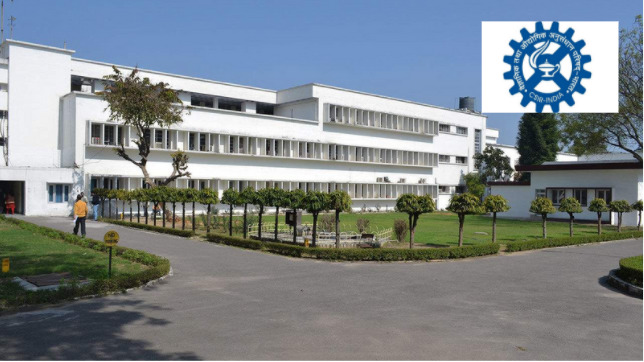Council of Scientific and Industrial Research (CSIR), an autonomous body under the Ministry of Science and Technology, which has 38 laboratories/institutes throughout the country, employs around 14,000 people, including a total of 4,600 scientists and 8,000 technical and support personnel.
CSIR is among the largest scientific and industrial research organizations and with a budget of 5,300 crore rupees as per FY 21 allocation. Ever since independence, the government has liberally given money to CSIR in expectation of some path-breaking innovation which will earn a name for India in the global scientific community.
But, in its near 8 decades of existence, CSIR could not come up with a single product which is of daily use for common people or earns revenue for the body and the country. Neither has it come up with any path-breaking innovation which can help the country to earn respect in the global scientific community.
The scientists and researchers with CSIR could not win a single Nobel Prize in Sciences or for that matter any other prize of global eminence. An organization whose job is research and innovation could not come up with a single path-breaking scientific discovery or any product of daily use; what does this tell about the organization’s incompetence and inefficiency?
The Indian government has tried to reform CSIR from as early as 1986 when Rajiv Gandhi first raised questions about the incompetence of the organization, but the three and half decades of reforms process led to little success. Addressing a conference of the country’s scientists and researchers, “Our present-day technology,” Rajiv acidly remarked, “is totally based on imported know-how and we are not even making a good paper-clip.”
CAG slammed the organization for incompetence and inefficiency in its audit of CSIR’s FY 2006 annual report. CAG said that “CSIR spent Rs 262.38 crore on the modernisation of 39 laboratories and institutes, but could not achieve the main objective of generating additional revenue. On top of it, many of the laboratories and institutes were unable to achieve the set target,” as per a report by Hindustan Times. The organization witnessed 40 to 70 per cent shortfall in research papers in the early 2000s and CAG could not hold back the criticism, given its inefficiency.
The organization is so incompetent that rarely a scientist from the cohort wins Shanti Swaroop Bhatnagar Awards for research in science– awarded by CSIR itself.
In 2009, Shiva Ayyadurai, an Indian-American scientist who returned to the country to work with CSIR, published a long report critical of the organization’s management. CSIR later fired him instead of taking actions to improve on the shortfalls pointed in the report. The 47-page report called ‘CSIR-Tech: Path Forward,’ pointed out that the organization had developed many products with revenue potential worth “billions of dollars” but unable to capitalize on them.
P.M. Bhargava, founder of CSIR’s Hyderabad-based Centre for Cellular and Molecular Biology, a former member of the National Knowledge Commission and the author of a book on Indian science, said, “It was a very honest report, and so I had to respond. He has captured exactly the challenges within this organization.” Bhargava worked for CSIR for more than two decades. “There are brilliant scientists at CSIR, but it is very difficult for them to survive,” he said, adding that he has written a letter to the Prime Minister’s Office on Ayyadurai’s behalf.
Most of the brilliant Indian scientists rush to foreign countries when unable to survive amid the socialistic management of CSIR. All the CSIR’s management is concerned about is its survival amid India’s growing displeasure with Nehruvian white elephants like HAL, DRDO, and CSIR itself.
“Over the past 10 years, CSIR laboratories have been granted 5,014 patents in India and abroad. The money earned from these was Rs36.8 crore, but the cost of filing them was Rs228.64 crore,” said a report published by HT in 2007 based on an RTI.
A few days ago, the government announced that it will sell stakes in HAL, and probably there is a plan to sell it later. The government should do the same with organizations like DRDO, CSIR, and all other Nehruvian white elephants.
